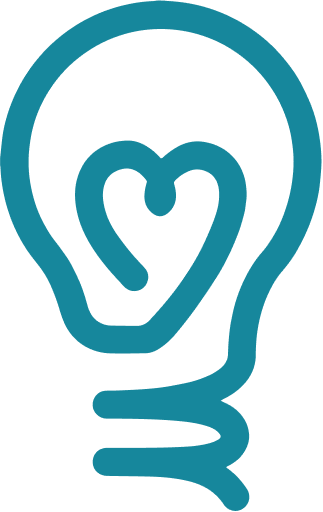Effective altruists do focus on systemic change (Letter in the NRC)

Written by
EAN Team
Read the shorter version in NRC here (Dutch).
Sjir Hoeijmakers and Jan-Willem van Putten
In her article, Josette Daemen writes that the so-called 'effective altruists' are turning away from democracy. They are said to focus too much on the individual rather than systemic change. Jan-Willem van Putten and Sjir Hoeijmakers argue that this accusation is based on a misunderstanding of what effective altruists actually do in practice.
Effective altruism (EA) is a rapidly growing movement of ambitious and idealistic individuals who are exploring how they can do the most good together. Currently, they are working on global issues as diverse as extreme poverty, climate change, the suffering of animals in factory farming, the dangers of new technologies and the risk of a new pandemic.
Effective altruists are constantly seeking the most effective ways to address the greatest challenges of our time. Josette Daemen argues that they focus solely on the question of what you can do as an individual, but that is a significant misconception.
Indeed, it is true that as a resident of a wealthy country you can make a significant difference by donating to effective charities, and yes, that's why many effective altruists give at least 10 percent of their income through, for example, Giving What We Can. But you don't have to look far to see that many people and organizations within the movement are specifically focused on structural change, including many of these effective charities themselves.
For example, look at the work of the Centre for Election Science to improve democracy in the United States or consider the efforts of the Clean Air Task Force to address climate change with activism and smart policy advice. Think about the support for organizations that try to prevent conflicts between major powers or to force multinationals to treat animals better through large campaigns. Also working in government is listed among the most recommended careers by the EA career advice organization 80,000 Hours, because as a civil servant you are often in a position to tackle the most important and most neglected problems. Not coincidentally, we see that policymakers in more and more countries are being inspired by effective altruism.
The notion that the movement is primarily an excuse for billionaires to improve the world “to their own liking” instead of just paying their taxes, is a misconception. The few billionaires who are inspired by the EA philosophy actually advocate for higher taxes on the wealthy and a stronger government. You can perfectly, like Rutger Bregman, argue for more moral ambition, and for more “taxes taxes taxes”.
Daemen finally argues that collective decision-making and the rights of the individual would not be compatible with the ideals of effective altruism, because “the goal is already set”. and the “perfectly streamlined utopia” has already been determined. Nothing could be further from the truth: openness, collaboration, and integrity are precisely core values of the movement. There is a tremendous amount of discussion and difference of opinion about which goals are worth pursuing, for example on the public EA forum. Moreover, protecting liberal democracy is seen by many effective altruists as one of the best ways to improve the world. EA is therefore not an answer, but a question. It is the ongoing quest for the best way to make a difference, and the attempt to advance together in this endeavor.
Back to the core: addressing the most pressing and complex challenges of our time requires, in addition to a broad coalition of supporters and donors, also the direct involvement of people with specific talents. Consider the smart engineer who doesn't join Facebook or Uber, but instead chooses to work on better regulation of technology. Think of the consultant who leaves McKinsey to then devise the smartest strategy in Brussels to realize the Green New Deal, or think of the tobacco lobbyist who no longer wants to waste their talents on making society sick, but instead commits to the public good.
Those who feel addressed by Bregman's call for greater moral ambition, can find a lot of inspiration in the effective altruism movement, which is also growing rapidly in the Netherlands. Learn about work that makes a significant impact, donate to the most effective charities and learn (and critique) together with others how we can do even much better. The major problems of our time won't solve themselves, but we know that progress is possible. Let's all contribute to that as much as we can.
Jan-Willem van Putten is a co-founder of Training For Good; Sjir Hoeijmakers is the director of research at Giving What We Can. Both are board members at Stichting Effectief Altruïsme Nederland.